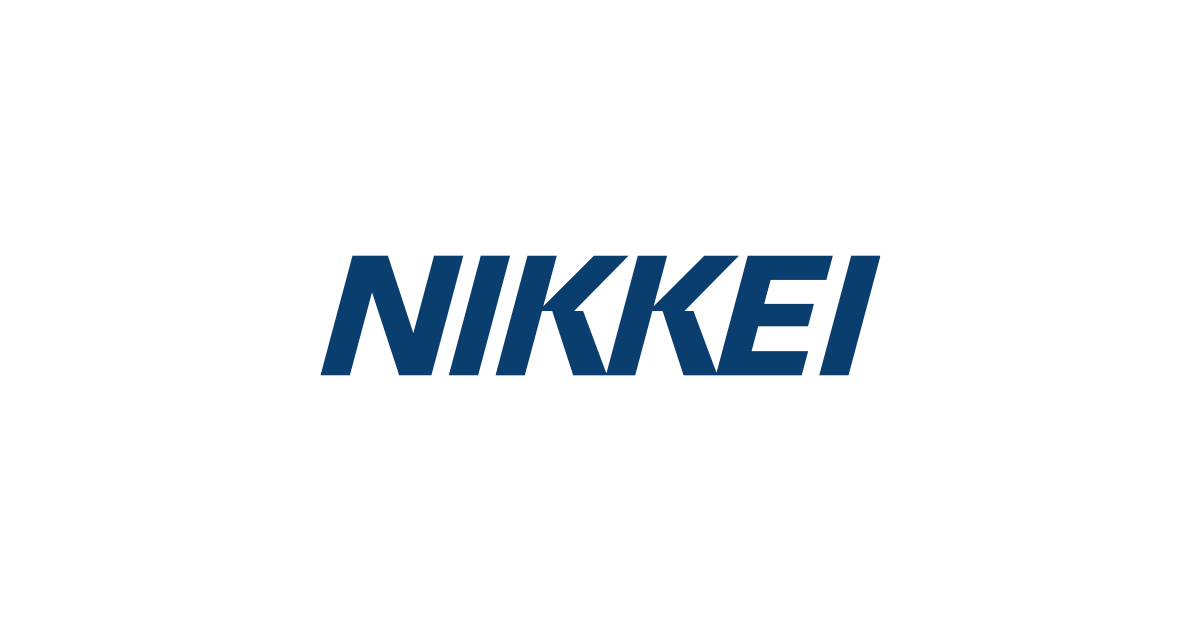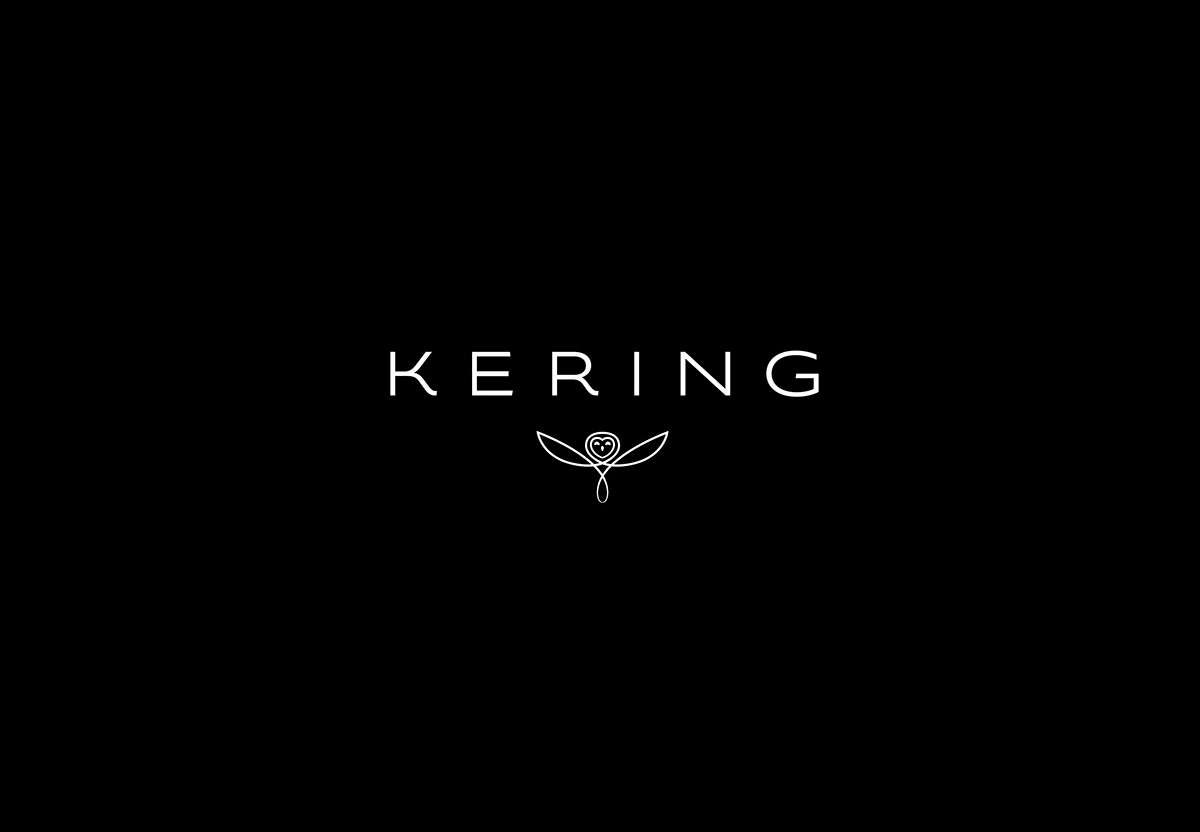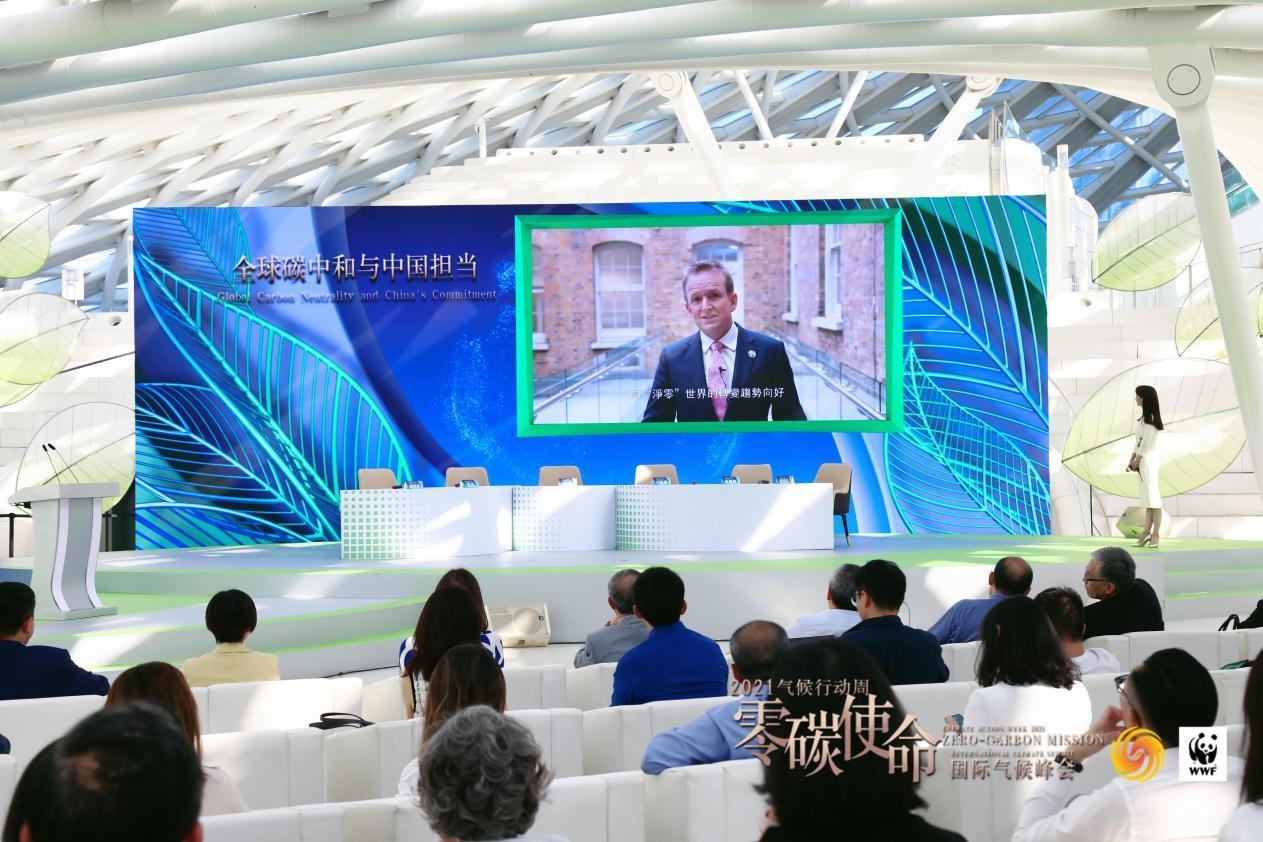
Heartdub’s AI-based Technology Revolutionizes Fabric Production for Fashion Industry
Heartdub has developed technology to provide virtual fabric samples to clothing manufacturers. The company says the technology, which uses artificial intelligence-based software, cuts product development costs and streamlines the production process.
Its key technology gathers data on textile materials and digitizes the production process, using the software to create virtual fabrics that mimic the properties of the real thing. The startup aims to digitize logistics in the apparel industry and provide online solutions for the development and selection of textile materials, and production of clothing samples.
Heartdub’s platform comprises a materials database, design images and simulated images of clothes worn by virtual models. The database contains information on various fabrics, patterns and colors. Designs are created by combining them, and the digital clothes put on a virtual model programmed to make various body movements to show how they would look in real life.
Li, the company’s chief technology officer, explains that virtual fabric-making starts with analyzing the structure of actual fabrics and inputting the data into the software, called a “physics-engine,” to simulate a fabric’s physical properties. HeartDub’s laboratory already has extensive data on frequently used fabrics. The characteristics of these virtual fabrics correspond to those in the real world. allowing their texture, weight and movements to be accurately simulated.
The startup’s main clients are fabric makers and fashion brands. Manufacturers upload newly developed textiles to the platform. Fashion labels then select the texture, pattern, and design online. After examining how the clothing looks on virtual models, they decide whether to purchase the fabric.
The digital presentation platform helps sharply lower the cost of developing and designing fabrics. The conventional method involves manufacturers creating fabrics, making samples and displaying them at trade shows, or sending them to apparel companies. The buyer then looks at the samples and decides whether to purchase the fabric. Then the fashion company makes samples of the finished clothing, presents them to buyers and waits for orders. Only after orders come in, can manufacturers determine which fabrics to buy and how much.
According to Lu of Tianyi Textile, a Chinese fabric maker, textile manufacturers introduce 50 to 100 new products a year and create 500-meter-long samples for each. This means they spend roughly $730,000 annually on product development. But only around 20% of these products generate purchase orders. Also, only about 20% of sample clothes make it to retailers.
Heartdub’s Li said the company’s digital platform allows fabric makers to complete the steps up to preorder presentation at no cost, thereby cutting their overall development cost by about half. Fashion brands also need to make fewer samples clothing because they can see how they will look, thanks to the virtual models. Production costs can be cut by 70% and sample delivery time is shortened by 90%, Li said.
Heartdub mostly offers basic designs at present. The company plans to team up with fashion-design software developers to make its platform compatible with any type of design.
Once it has enough data, it hopes to ask fashion houses to provide designs that will let consumers use virtual models to buy clothes directly from them. Heartdub also hopes to involve consumers in the process of fabric development to reflect their feedback, which would make the process more efficient and further reduce the cost of making samples.
Virtual fashion shows will provide an opportunity for businesses to showcase new products, helping transform the apparel industry into a digital one with the potential for sustainable growth. Li also disclosed plans by Heartdub to launch its own brand in the future.
The company provides services mostly to business clients and offers either flat-rate annual fees or piecework rates, depending on volume.
Heartdub’s technology team was launched in Seattle in 2013 by graduates of the Massachusetts Institute of Technology. They previously worked in fields ranging from operating systems to semiconductors, to POCT devices.
The team believes its technology can be applied to videos, games, and entertainment, in addition to apparel.
Source: Nikkei




